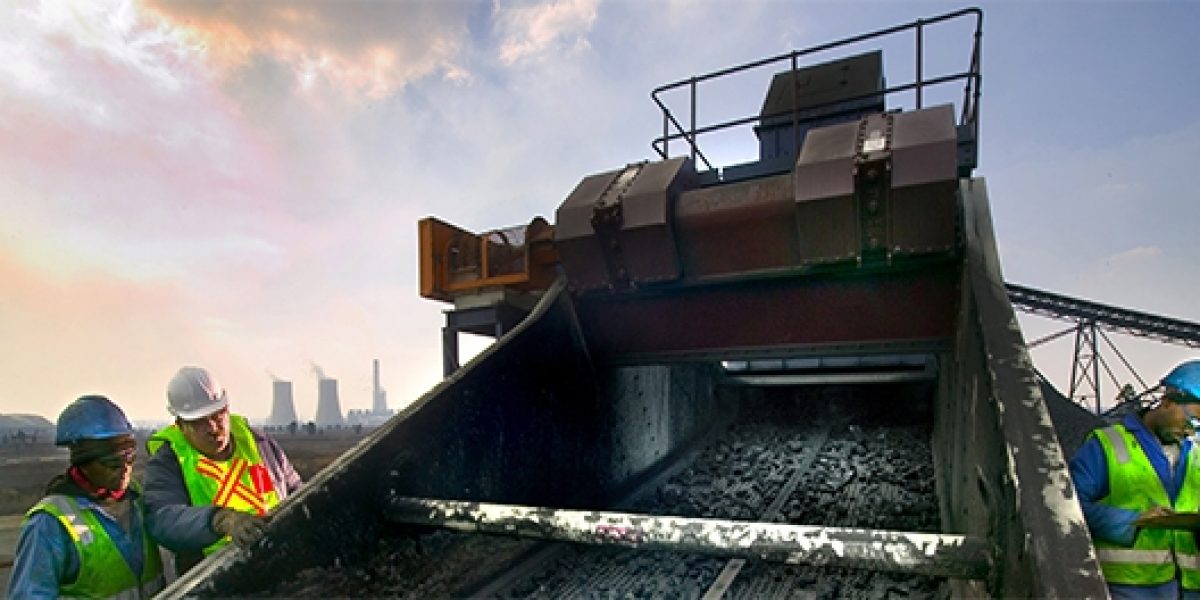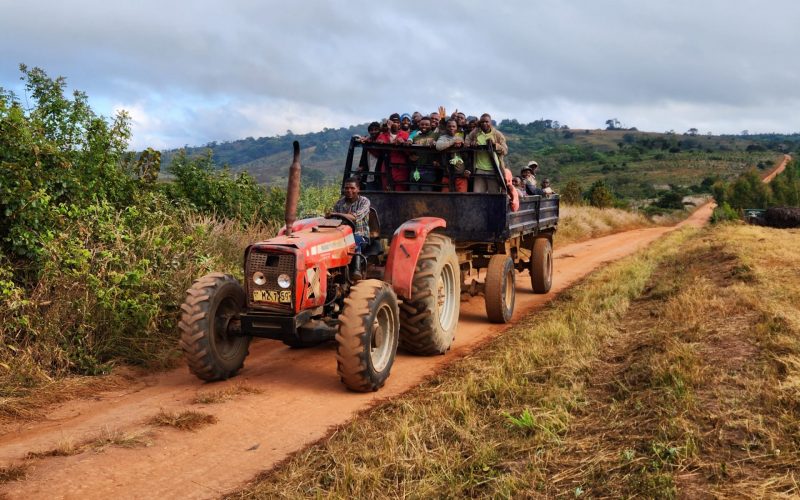First is the basket of negative factors inherent in the country’s macro-economic environment. A depreciating Rand and growing exchange rate volatility, the negative feedback loop from nearly a decade of weak growth (which underperformed the rest of Africa), and wider uncertainties in the national mining regulatory framework and tax regime are all starting to take their toll. Globally, the outlook for miners is also increasingly gloomy, given recent dips in both commodity demand and prices. As the European Union and the United States rally to shore up an uneven recovery, China is slowing down, whilst other emerging markets scramble to cope with the immediate consequences of US tapering of its quantitative easing programme.
As miners’ perception of a less favourable global outlook combines with worries about tense labour relations in South Africa, an already negative investor sentiment is taking firm hold. This will likely see South Africa continue its recent poor performance in mining investments viz-a-viz emerging (and increasingly competitive) jurisdictions in sub-Saharan Africa such as Mozambique, Botswana, Guinea-Conakry and the Democratic Republic of Congo. This could also translate into a widening performance gap between South Africa and its peers in the mature mining jurisdiction category, such as Canada and Australia. In combination, internal instability and global headwinds are likely to compound the fallouts from persistent industrial unrest.
Second, the investment attractiveness equation will be influenced by broader considerations. Among them is the lingering infrastructure gap. South Africa’s rivals are leveraging nimble resource-for-infrastructure linkups with Chinese, Brazilian and other emerging country interests. As competitors close up the infrastructure gap, they are effectively undercutting South Africa’s once unassailable edge. Also, heightened perceptions of political risk in South Africa, including of unpredictable or unforeseen policy changes in an election year, have become widespread. Miners also point to increasing sovereign and community demands, fuelling concerns that investment values may be liable to future impairment. The rising global skills shortage is also an acute problem in the South African context.
More crucially, a perception is fast taking hold among global industrial analysts that South Africa’s legacy issues – poor miners’ welfare and education, poverty and low productivity, etc – have either reached a head or are becoming intractable. In any case, South Africa’s maturing mines (with decreasing yield per unit of outlay) and uncertainty about future energy price hikes constitute serious concerns that will limit the options for industry, government and labour as they try to reach a workable accommodation. The country’s future energy programme features an expensive nuclear build plan combined with coal procurement at planned concessional rates, along with shale gas and regional gas and hydro-electric supply contracts.
A third set of factors are in SA’s favour but require more sober reflection if the advantages they confer are to be consolidated and successfully leveraged to improve the mining outlook. These include the country’s advantage in reserve size (South Africa holds 87% of the currently known global supply of platinum, for example), the relative quality of the regulatory environment (with reasonably strong judicial and administrative capacity) and its distinct advantage in successfully developing a mining service hub around Johannesburg.
South Africa boasts the largest and most sophisticated stock exchange in sub-Saharan Africa. Its quality banking and consultancy offerings, and the country’s accumulated experience and international networks, remain distinct strong selling points to more cautious investors looking to gain a surer foothold in Africa.
Yet, a serious dialogue involving all industry stakeholders is needed fast if the country is to wrestle back traditional advantages and leverage the head start it once held over emerging alternative investment destinations. Moving fast and purposefully towards addressing ingrained weaknesses will be essential to reassure investors spooked by the recent worrying developments.
Deliberations at the Indaba this week that strike the proper note of urgency will be necessary to send the right signal to the world.








